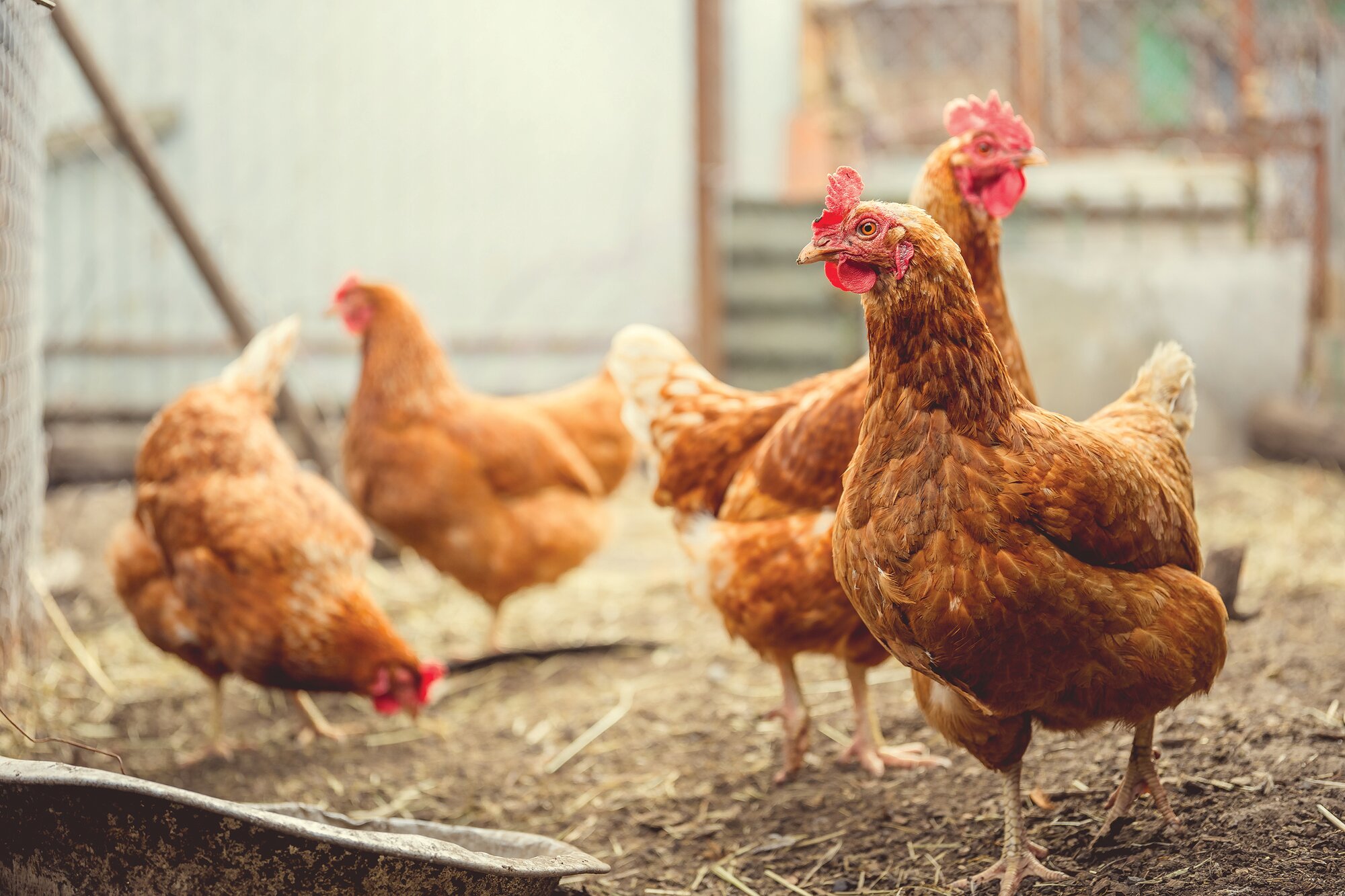Take precautions to prevent the spread of bird flu
According to the U.S. Centers for Disease Control and Prevention, there are several ways to reduce the risk of humans contracting bird flu.
"People rarely get bird flu virus infection; however, human infections with avian influenza viruses can happen when enough virus gets into a person's eyes, nose or mouth, or is inhaled. This can happen when virus is in the air (in droplets or possibly dust) and a person breathes it in, or when a person touches something that has virus on it and then touches their mouth, eyes or nose. Bird flu virus infections in people happen most often after close, prolonged and unprotected (no gloves or other protective wear) contact with infected birds or other animals. People with close or prolonged contact with infected birds or animals or their contaminated environments are at greater risk of infection," according to the site.
"People should avoid direct contact with wild birds and observe wild birds only from a distance, whenever possible. People should also avoid contact between their pets (e.g., pet birds, dogs and cats) with wild birds. Don't touch sick or dead birds, their feces or litter, or any surface or water source (e.g., ponds, waterers, buckets, pans, troughs) that might be contaminated with their saliva, feces or any other bodily fluids without wearing personal protective equipment."
The site gives tips on preventing the spread of avian flu, including:
- "Whenever possible people should avoid direct contact with wild birds and other animals infected with or suspected to be infected with bird flu viruses and observe them only from a distance, if possible.
- "Wild birds can be infected with avian (bird) influenza (flu) A viruses even if they don't look sick.
- "Avoid unprotected contact with domestic birds (poultry) or other animals that may be sick or have died or are suspected or known to have bird flu virus infection.
- "Do not touch surfaces that may be contaminated with saliva, mucous, animal feces, raw milk, animal litter (bedding material) or materials contaminated by wild or domestic birds or other animals with confirmed or suspected bird flu virus infection."
More Articles to Read

